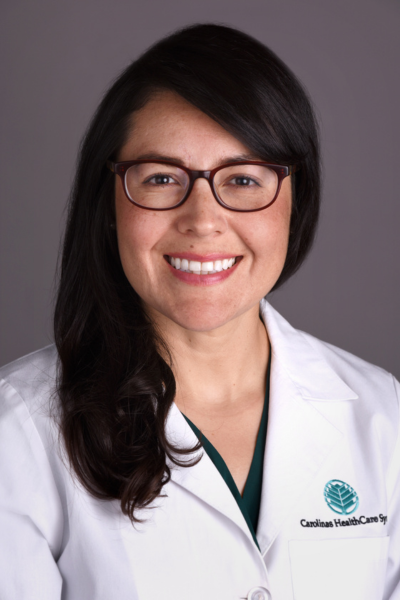2024 SAEMF/AEUS Research Grant - $10,000
"Pediatric Cranial Ultrasound for Point-of-Care Intracranial Pathology Detection"
Care for children with neurologic emergencies heavily relies on neuroimaging for accurate diagnosis due to nonspecific symptoms and limited ability to determine a clinical history. Cranial computed tomography (CT) is the first choice for identifying suspected brain injury, but it carries radiation risks and is not available in many resource-limited settings. Ultrasound has become an alternative imaging modality due to its low cost, portability, rapid availability in emergency departments and critical care settings, and lack of radiation risk. Trans-fontanelle ultrasound is a non-invasive method to diagnose acute brain injury in children without exposing them to ionizing radiation. However, after 24 months, fontanelle closure restricts the ability to perform ultrasound only through the intact skull. Over 95% of children have sufficiently thin temporal bones to carry out B-mode imaging of brain parenchyma through the temporal windows but there is a dearth of studies on B-mode-based assessments. To address this gap in knowledge, the goal of this project is to evaluate the accuracy of B-mode ultrasound and the point-of-care physician interpretation of the images for identifying clinically important traumatic brain injury (ci-TBI) in pediatric patients presenting to the emergency department or admitted to the pediatric intensive care unit.
Recipient(s)
-

Denise N. Fraga, MD
Atrium Health - Carolinas Medical Center - Wake Forest Baptist
"Pediatric Cranial Ultrasound for Point-of-Care Intracranial Pathology Detection"
Dr. Fraga
is a clinical assistant professor of emergency medicine and the ultrasound fellowship director with the Carolinas Emergency Medicine Residency Program at Atrium Health - CMC - Wake Forest University School of Medicine (Charlotte Campus). She completed her residency at the University of Maryland (UMEM) in Baltimore and an ultrasound fellowship at Vanderbilt Medical Center. Dr. Fraga works at a Level 1 adult and pediatric trauma center. Her scholarly interests include teaching point-of-care ultrasound (POCUS) in Guatemala with the pediatric and EM residency programs, ultrasound-guided regional anesthesia, and musculoskeletal ultrasound. Her grant project, Cranial Ultrasound for Point of Care Intracranial Pathology Detection in Pediatrics (CUPID-Peds), is an exploratory pilot project using B-mode cranial POCUS (cPOCUS) through the temporal bone window in children to detect intracranial pathology due to blunt head trauma. The results of this innovative protocol could be used in resource-limited emergency departments in the U.S. and/or abroad.
